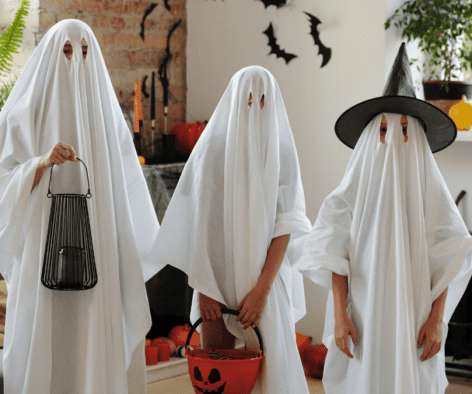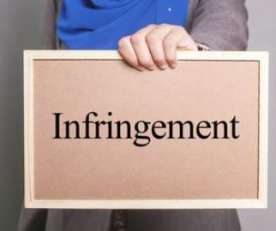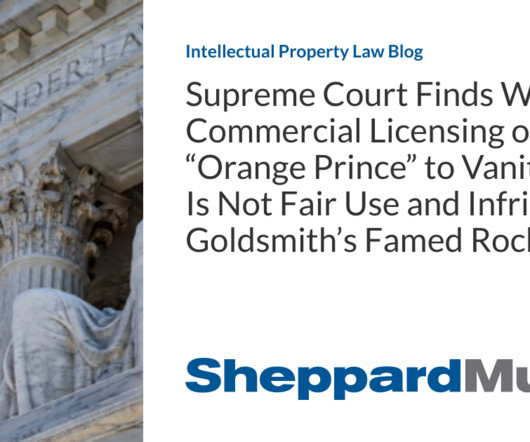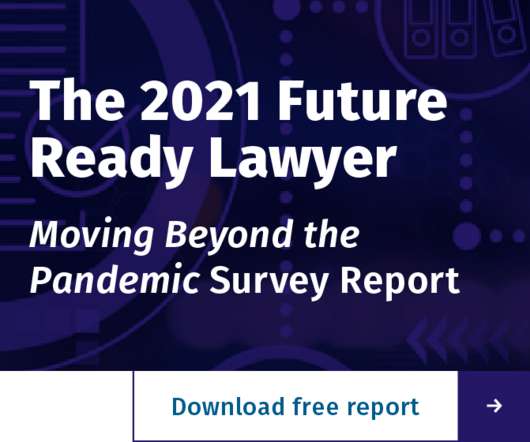Understanding Copyright, Trademark and Halloween Costumes
Plagiarism Today
OCTOBER 26, 2021
Wtf is a juice demon pic.twitter.com/OxYMWEuoCq — Eli Matthewson (@EliMatthewson) October 1, 2016. If the costume isn’t licensed, why is it not infringing regardless of the name change? Bringing us back to our Juice Demon, the elements that are copied include the striped suit and tie. Why did the company do this?














Let's personalize your content